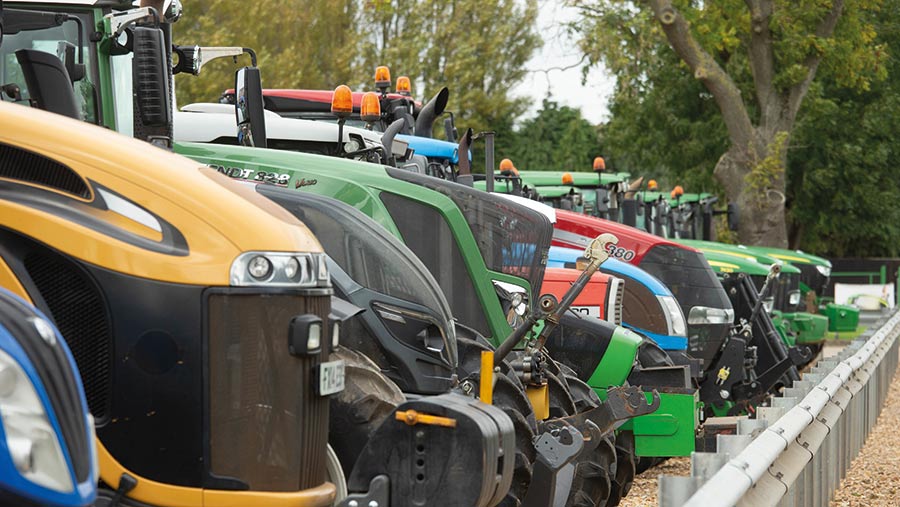Dwindling farmer confidence will dent food production, NFU warns
 © Tim Scrivener
© Tim Scrivener A lack of confidence and uncertainty among farmers to invest in their businesses risks a serious long-term impact on domestic food production, the NFU has warned.
The 2022-23 NFU Farmer Confidence Survey shows that confidence is at its lowest since the start of the Covid-19 pandemic, and many farmers do not intend to invest in machinery, livestock and land over the next three years.
However, high costs for energy, fuel, feed and fertiliser, combined with labour shortages, mean many are considering investment in renewables, energy efficiency and increasing skills and training on farms – if they have not done so already.
See also: FW Survey – Food production jeopardised by sky-high energy costs
Some 38% of farmers are already producing or using renewable energy and this increases to 69% for poultry farms and 49% of farms of 100ha or more, according to the NFU survey of 613 farmers and growers in England and Wales. The survey was conducted over three months from 1 November 2022.
The findings reflect Farmers Weekly’s own farm survey of energy costs in March, which found half already had some form of renewable energy generation on farm, while 23% said they planned to invest in this area over the next two years.
Cutbacks
Our survey also found nearly half of farmers (44%) plan to cut back on food production over the next 12 months – something the NFU is also now highlighting.
Over the past 18 months, the farming industry has suffered crises in pigs, poultry and horticulture, which have caused shortages on supermarket shelves of eggs, tomatoes, cucumbers and peppers.
The dairy industry is the latest sector to come under pressure amid falling farmgate milk prices, raising fears of potential milk shortages this autumn.
NFU deputy president Tom Bradshaw told Farmers Weekly food supply chain shortages were symptoms of low confidence among farmers to invest in their food producing businesses.
Mr Bradshaw said Rishi Sunak’s Conservative government must clarify its plans for domestic food production at the upcoming food security summit in Westminster.
Failure to do so would have serious implications for domestic food production and food security, he warned.
“On the back of the Ukrainian crisis, we have had warm words out of Defra that food is very much a priority. We now need policy that underlines this,” said Mr Bradshaw.
“Farmers want honesty from the government. If they want domestic food production, then let’s work out a plan as to how we’re going to underwrite this. If they think the environment is more important and food production can go to the wayside, then just tell us.”
Investment
With regards to falling investments, Stephen Howarth, chief economist at the Agricultural Engineers Association, agreed machinery sales are not as buoyant as they have been in recent years, but insists there is still demand out there.
“Some purchasing decisions had been brought forward because of extended lead times,” he explained.
“Therefore, with the increased costs farmers are facing, it’s not that surprising that demand for machinery is not as strong this year.”
